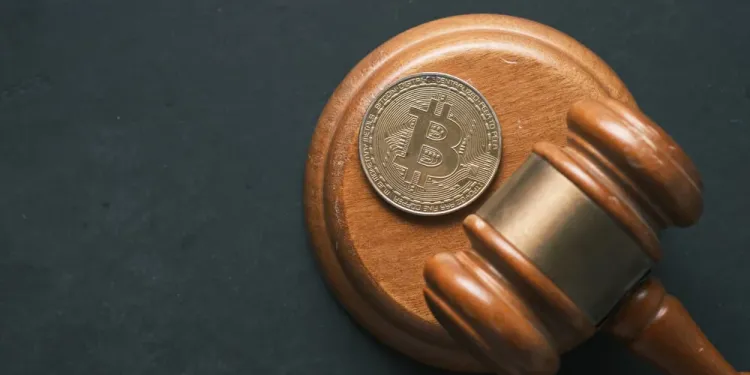A global cryptocurrency derivatives exchange BitMEX (HDR Global Trading Limited) admitted guilt on Wednesday to violating the Bank Secrecy Act by “willfully” flouting U.S. anti-money laundering (AML) regulations. This admission, following previous actions against its founders, exposes significant vulnerabilities in cryptocurrency exchange oversight.
The Department of Justice (DoJ) accused BitMEX of operating from 2015 to 2020 as a “vehicle for large-scale money laundering and sanctions evasion schemes.” The exchange allegedly failed to implement a “Know Your Customer” (KYC) program, a cornerstone of AML compliance that verifies user identities and helps prevent illicit activities.
“By only mandating lax service access credentials, BitMEX not only failed to comply with nationally required anti-money laundering procedures designed to protect the US financial markets from illicit actors and transactions, but knowingly did so to increase the business’s revenue,” said FBI Assistant Director Christie M. Curtis, highlighting a deliberate effort to circumvent regulations. This raises concerns about the potential for other cryptocurrency exchanges to exploit similar loopholes.
The DoJ charges echo a 2022 guilty plea by Gregory Dwyer, BitMEX’s first employee, for violating the Bank Secrecy Act. Prosecutors previously secured convictions against the exchange’s founders for similar offenses. These actions demonstrate a coordinated effort to hold BitMEX and its leadership accountable.
BitMEX Founders Also Admitted Guilt and Received Sentences
In 2022, the three founders of BitMEX pleaded guilty to the same charges as Dwyer. Judge Koeltl took into account the exchange’s belated efforts to implement AML and KYC controls during sentencing.
36-year-old Florida resident Hayes, the former CEO, received a six-month home detention sentence and two years of probation. 38-year-old Delo was sentenced to 30 months of probation and allowed to return to Hong Kong. The judge found Reed slightly less culpable than the other founders and sentenced the Massachusetts resident to 18 months of probation in July.
Both, Hayes and Delo agreed to pay a $10 million fine, at the time. All three founders – Hayes, Delo, and Reed – still own BitMEX.
The founders also reached a settlement agreement with the Department of Treasury. The agreement did not require them to admit or deny allegations that BitMEX “processed over $200 million in suspicious transactions and failed to report nearly 600 suspicious activities,” according to the DOJ.
Cryptocurrency’s Regulatory Struggles
The case also underscores the ongoing struggle to regulate the cryptocurrency space. While the Commodity Futures Trading Commission (CFTC) imposed a $100 million civil penalty on BitMEX in 2021 for related violations, the lack of a centralized authority creates challenges in enforcing AML and KYC requirements across the entire cryptocurrency ecosystem.
This incident serves as a wake-up call for regulatory bodies. It necessitates a collaborative effort to establish clear and comprehensive AML/KYC frameworks for cryptocurrency exchanges. Strengthening international cooperation and information sharing is also crucial to combatting money laundering and other illicit activities within the crypto sphere.
Recently, the FBI warned of the financial risks associated with using unregistered cryptocurrency transfer services, especially considering potential law enforcement actions against these platforms. The warning focussed on crypto transfer platforms that operate without proper registration as Money Services Businesses (MSB) and fail to comply with anti-money laundering regulations mandated by the U.S. federal law.
The future of BitMEX remains uncertain. The exchange faces potential financial penalties and could struggle to regain user trust. The DOJ had earlier noted that “due to the lack of KYC controls, the full extent of criminal activity on BitMEX may never be known.”
This case sets a significant precedent and paves the way for stricter enforcement of AML regulations within the cryptocurrency industry.
Source: Read More
